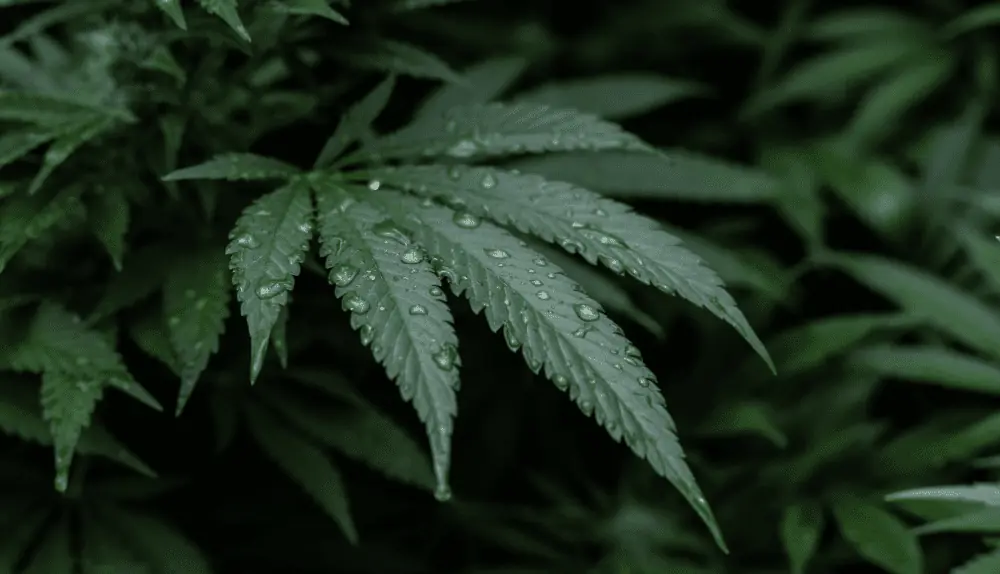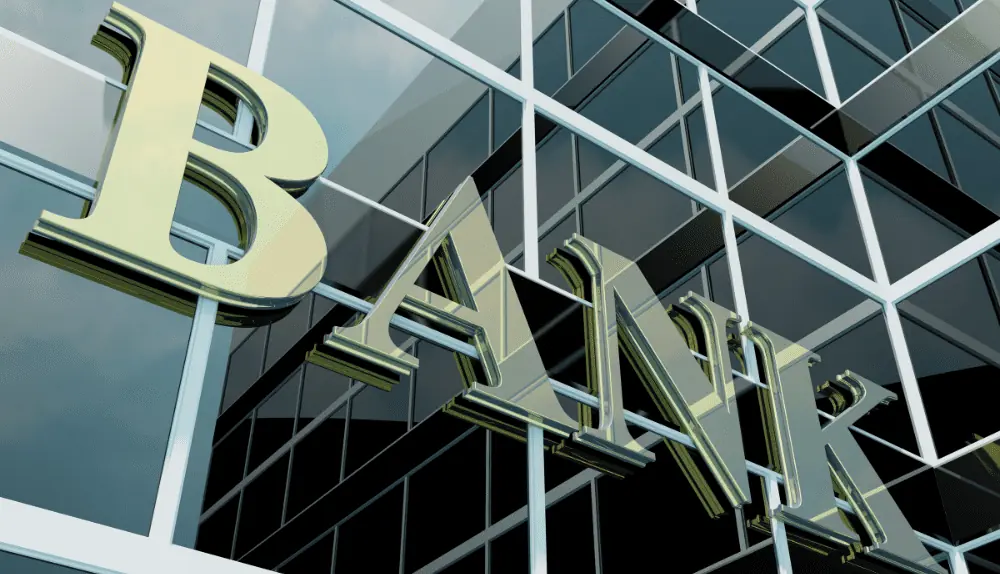The passing of the Secure and Fair Enforcement (SAFE) Banking Act in 2021 marked an important turning point for the CBD industry. For the first time, CBD companies were given explicit permission under federal law to access financial services like banking, payment processing, and business lending.
However, the implications of the SAFE Banking Act go far beyond providing CBD businesses with access to legitimate financial institutions. By reducing regulatory uncertainty and stigma, the Act is enabling wider mainstream acceptance and growth of the CBD market. CBD products can now reach new demographic groups, enter additional sales channels, and expand their product lines.
State-legal cannabis companies also stand to benefit from the SAFE Banking Act, as many face similar challenges accessing financial services due to the conflicting nature of state and federal laws. While cannabis remains illegal under federal law, the Act provides a blueprint for how regulatory conflicts could potentially be resolved in the future.
What Is the SAFE Banking Act?
The SAFE Banking Act, passed by Congress in December 2020, provides legal protections for financial institutions that serve cannabis-related legitimate businesses. Specifically, the Act prohibits federal regulators from penalizing banks and credit unions solely for providing services to state-legal cannabis companies. This includes businesses involved in the sale, distribution, transportation, or possession of cannabis, cannabis products, or cannabis-derived cannabinoids like CBD.

Previously, banks and other financial institutions remained wary of serving cannabis businesses due to the lack of legal clarity around their operations. Even in states where cannabis was legalized, financial companies were at risk of criminal prosecution, civil enforcement actions, or being barred from the federal banking system for providing services to these companies. The SAFE Banking Act eliminates these uncertainties and rescinds the 提aignation of cannabis as a Schedule I substance under federal law, meaning it has a high potential for abuse and no currently accepted medical use.
With the passing of the SAFE Banking Act, Congress officially recognized the significant growth of the legal cannabis industry and the need to provide regulatory relief where state and federal law conflict. The Act is an important first step, but further legislative action is still needed to fully resolve contradictions surrounding cannabis’s legal status and provide a pathway for broader business access to banking, lending, and financial technology services. The SAFE Banking Act gives legitimate CBD and cannabis companies new hope for financial inclusion and continued expansion.
Overview and Background of the SAFE Banking Act
Calls for legislation to remedy the lack of access to financial services for legal cannabis businesses have been gaining momentum over the past decade. Multiple bills have been introduced in Congress to provide safe harbors for banks and credit unions serving state-compliant cannabis companies, but none were passed until the Secure and Fair Enforcement (SAFE) Banking Act.
Introduced in 2019, the SAFE Banking Act aimed to provide legal clarity for financial institutions and their cannabis business customers operating in compliance with state laws. The bill would prohibit federal regulators from penalizing banks and credit unions solely for providing customer services to legal cannabis-related enterprises. It also clarified that proceeds from legal cannabis sales are not considered illegal under federal law.
The passage of the SAFE Banking Act was an important first step, but it faced several obstacles. There were concerns that increased access to banking could enable more widespread cannabis use. Opponents also argued that the Act might make it easier for cannabis revenue to enter the existing financial system. However, advocates countered that the lack of banking services forces many cannabis companies to operate on a cash-only basis, creating public safety issues.
What Are the Provisions of the SAFE Banking Act?
The SAFE Banking Act provides comprehensive protections and safe harbors for financial institutions serving legal cannabis businesses and their service providers. Federal regulators are prohibited from penalizing banks and credit unions solely for providing services to cannabis-related legitimate businesses. Proceeds from state-compliant cannabis sales are also clarified as not inherently illegal under federal law.
The Act protects financial institutions from termination or limitation of federal insurance solely due to cannabis business services. It also shields them from criminal prosecution, civil lawsuits, and requirements to disclose information identifying institutions that work with cannabis companies. By extending safe harbors to third-party service providers like accountants and lawyers, the Act enables wider support for cannabis businesses.
The SAFE Banking Act defines the cannabis businesses eligible for these protections as licensed producers, testing facilities, retailers, on-site consumption venues, and ancillary service providers operating lawfully under state and local regulations. To qualify, they must be engaged in legal cannabis industries and compliant with all regulations.
Though temporary, set to expire one year after the COVID-19 emergency declaration ends, the SAFE Banking Act provides critical clarification and cover for the financial sector. It allows for greater access to banking, payment processing, business loans, and other financial services crucial for the growth and legitimacy of the cannabis industry. The passage of the Act was an important first step, but comprehensive changes to cannabis’s legal status under federal law are still needed for full inclusion and mainstream acceptance.
The SAFE Banking Act remedies regulatory conflicts between state cannabis laws and federal prohibition, reducing risks for both financial institutions and legal cannabis businesses. By safeguarding access to financial services, the Act enables the development of innovative new products, job creation, investment in the sector, and wider integration of cannabis into the economy. Its provisions represent a vital breakthrough for an industry aiming to come of age.
What Impact Does the SAFE Banking Act Have on the CBD Industry?
The SAFE Banking Act has profound implications for the CBD industry in particular. By providing legal safe harbor for banks and financial companies serving cannabis businesses, the Act creates new opportunities for CBD companies to access financial services long denied to them. This includes opening business bank accounts, obtaining loans, accepting credit card payments, using payment processors, and more.
With access to mainstream financial institutions, CBD businesses can scale their operations with less constraint and greater professionalism. They no longer need to handle large amounts of cash, pay high fees to cash-out checks, or struggle to find a bank willing to take their business. This leads to improved security, reduced costs, decreased administrative burdens, and optimized financial management.
The mainstreaming of financial services also brings greater legitimacy and credibility to CBD companies. As they gain access to business banking, it signals to consumers, suppliers, landlords, and partners that they operate like any other professional business. This legitimacy, in turn, enables new sales opportunities and partnerships that were previously out of reach. Overall, the SAFE Banking Act significantly expands the reach and growth prospects of the CBD industry.
By prohibiting restrictions on insurance, reporting requirements, and other penalties related to cannabis businesses, the Act protects both existing and prospective financial institutions from regulatory risks. This creates space for more banks and companies to serve the CBD sector without fear of legal retaliation or damage to their business model and reputation. New financial service providers are likely to emerge to meet growing demand from CBD brands, contributing to a virtuous cycle of innovation and access.
What Are the Supporters Saying About the Bill?
Supporters of the SAFE Banking Act argue that it provides critical relief for legal cannabis businesses while respecting states’ rights on cannabis policy. By prohibiting federal regulators from penalizing banks for serving state-compliant cannabis companies, the Act resolves conflicts between federal prohibition and state legalization. It allows cannabis businesses to access the regulated financial system, reducing public safety risks from operating on a cash only.
Proponents say the Act also supports economic growth, job creation, and tax revenue generation in the legal cannabis industry. Addressing regulatory uncertainties, it enables investment, expansions, partnerships, and further innovation that fuels job growth, community development, and funding for public services.
Those in favor counter opposing arguments that financial inclusion could expand cannabis abuse or make it easier for illegal sales to enter the system. They say legal cannabis businesses should have the same access to financial services as any other legitimate company. Providing safe harbors is not an endorsement of illegal activity but rather honors states’ rights and supports a legal, regulated market.
Supporters argue the Act also promotes racial and social equity in the cannabis industry. Many minority and disadvantaged groups have faced disproportionate harm from cannabis prohibition and seek new opportunities in a legal market. Access to banking and financial services is crucial for diversity, as it determines who has the means and ability to start and sustain a cannabis business.

